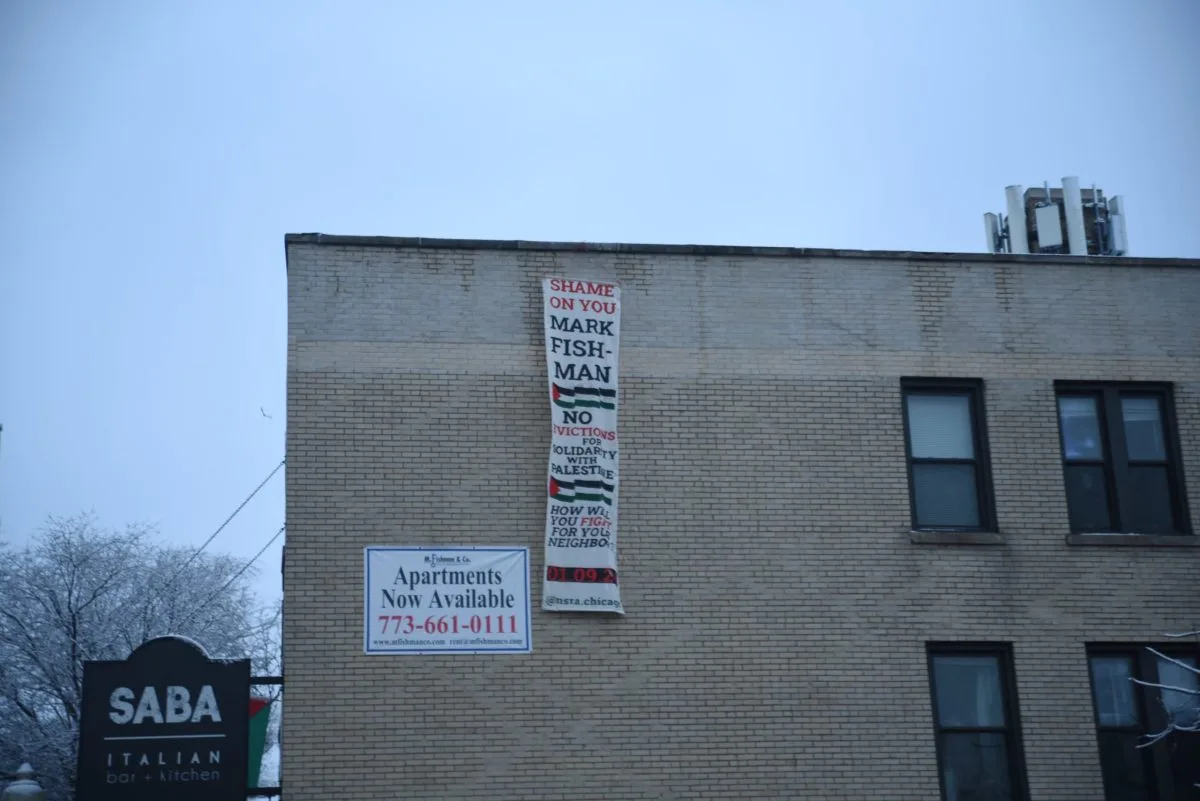Logan Square landlord evicts tenant for flying Palestine flag
Logan Square landlord evicts tenant for flying Palestine flag

chicagoreader.com
No evictions—or movie tickets—for solidarity with Palestine - Chicago Reader

The scumbag also owns the Logan Theater.